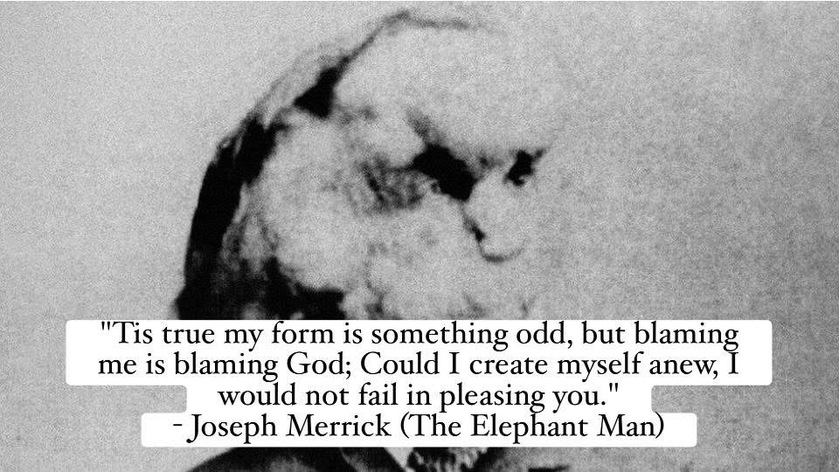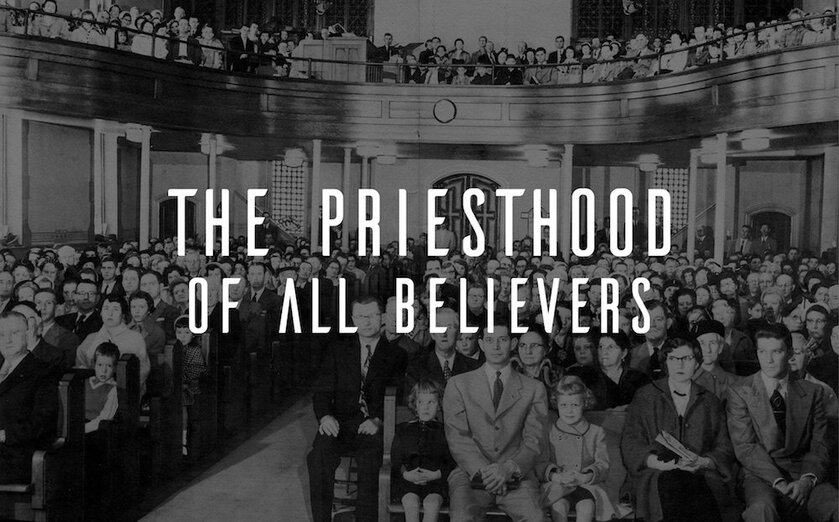True Greatness Measured by the Mind – Paul’s Integrity Amid False Shadows
Acts 23:1
And looking intently at the council, Paul said, "Brothers, I have lived my life before God in all good conscience up to this day."
Here we are at a pivotal moment in the life of the Apostle Paul, highlighting his character as a man of deep conviction, boldness, and moral clarity. Paul stated that he had a good conscience (a sense of right and wrong). He claimed he was right before God. And he faced his judges in confidence and somewhat in contempt. Drawing from Acts chapter 22 and 23, we see Paul standing trial, not cowering in fear, but proclaiming his alignment with God’s will. This passage reveals Paul’s confidence rooted in a life lived with integrity, even under intense scrutiny.
"The mind is the standard of a man."
This is a phrase, drawn from the 18th-century hymn "False Greatness" by English poet Isaac Watts and also famously quoted by Dr. Martin Luther King Jr. in his speech "The Future of Integration," which underscores that true human worth is gauged not by external appearances or circumstances but by the quality of one’s inner life; thoughts, convictions, and conscience.
The mind is the standard of a man. Think about that. Is that how most people live today? Is it the measure of a man, that he is of good conscience?
In Watts' poem he describes various ways in which men try to esteem themselves before others. At one point a ploughboy climbs a tree thinking that he can cast a more substantial shadow on the earth and thereby increase his stature. Watts also reflects on people who cling to their wealth and power for their esteem as people who "wears a narrow soul". Both the low and highly esteemed try to achieve greatness with false greatness, because "His true dimensions and his weight are far inferior to their show."
Watts poem critiques the illusions of worldly esteem, aligning perfectly with Paul’s bold proclamation of a clear conscience before God. Watts illustrates how people chase "false greatness" through external trappings, wealth, power, or even childish antics like a ploughboy climbing a tree to cast a longer shadow, only to reveal their "true dimensions" as inferior. In contrast, Paul exemplifies inner moral clarity, not an outward show, and defines true worth.
"And looking intently at the council, Paul said, ‘Brothers, I have lived my life before God in all good conscience up to this day.’"
Here, Paul stares down the Sanhedrin with conviction, asserting a conscience untainted by compromise. And at the end of the day it is always compromise that fouls a man, marking him as in character. Paul's confidence is tinged with contempt for their hypocrisy. He attributes this to a life aligned with God’s will, not from status or spectacle. Paul has lived for and according to God's word echoing Watts’ theme. Paul doesn’t swell with "wealthy store" or cheat the scales with "loads of gold"; his mind, renewed by Christ, is his unassailable standard.
The drama intensifies in Acts 23:2-11, as the high priest orders Paul struck, eliciting a sharp rebuke from Paul, followed by humble apology upon correction. He then astutely highlights his Pharisee roots and hope in the resurrection, sparking division and requiring Roman rescue.
The Lord affirms him:
Acts 23:11
"Take courage! As you have testified about me in Jerusalem, so you must also testify in Rome"
The takeaway is this, Paul’s mind; principled, adaptive, and God-focused, navigates the chaos without resorting to false pretenses.
Reflection:
Our inner thoughts define our reality.
Proverbs 23:7
"For as he thinks in his heart, so is he."
Renewal rejects false greatness for God’s will.
Romans 12:2
"Do not conform to the pattern of this world, but be transformed by the renewing of your mind."
And in a world marked by "fake news", hyperbole, false idols, and downright lies, good conscience testifies against "narrow souls."
2 Corinthians 1:12
"For our boast is this, the testimony of our conscience, that we behaved in the world with simplicity and godly sincerity."
This is about having the mind of Christ. Christ’s humble mind which counters vain fancies. It's a contrast to a kid behind the eyes masquerading as a man.
Philippians 2:5
"Have the same mindset as Christ Jesus."
Colossians 3:2
"Set your minds on things above, not on earthly things."
This elevates human character beyond shadows of wealth or power. Honor flows from inner measure. And all who love God and give honor to his word strive for this one thing, a clear conscience. The bible had a name for this, "the fear of the Lord."
Hebrews 13:18
"Pray for us, for we are sure that we have a clear conscience, desiring to act honorably in all things."
These principles, many from Paul himself, underscore that a good conscience, free from illusion, is the true gauge of one's character.
No false shadows or conspiracies of treasures can define the man after God's own heart. In our modern era, social media amplifies our "shadows" with curated profiles, bot-energized viral fame, and material flexes, all luring us to climb our digital trees for a new perceived stature content. Wealth and power still tempts us, fostering "narrow souls" obsessed with likes over legacy. Yet dignity awakens within us when we reject external measures for inner worth.
Is a good conscience the measure of a man?
Biblically, yes, it aligns us with Christ, fostering resilience amid trials.
Paul challenges us:
Examine your mind.
Reject vain fancies; renew through Scripture and prayer.
In a world of illusions, let conscience be your standard, building lives of authentic greatness.
Prayer:
Father, as Watts wrote in his poem and Paul lived, help us measure ourselves by the mind’s standard, not false shadows of wealth or status. Renew our consciences to reflect Your truth, granting boldness like Paul’s to stand with integrity. Free us from narrow souls, that we may grasp eternal realities and encourage others in genuine faith. In Jesus’ Holy name, Amen.




















